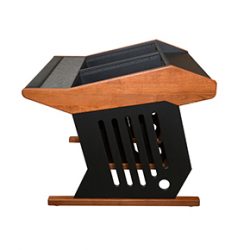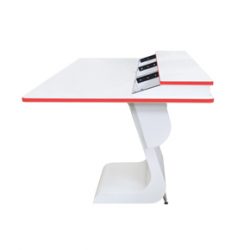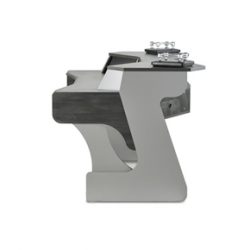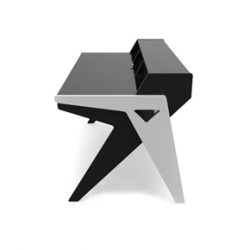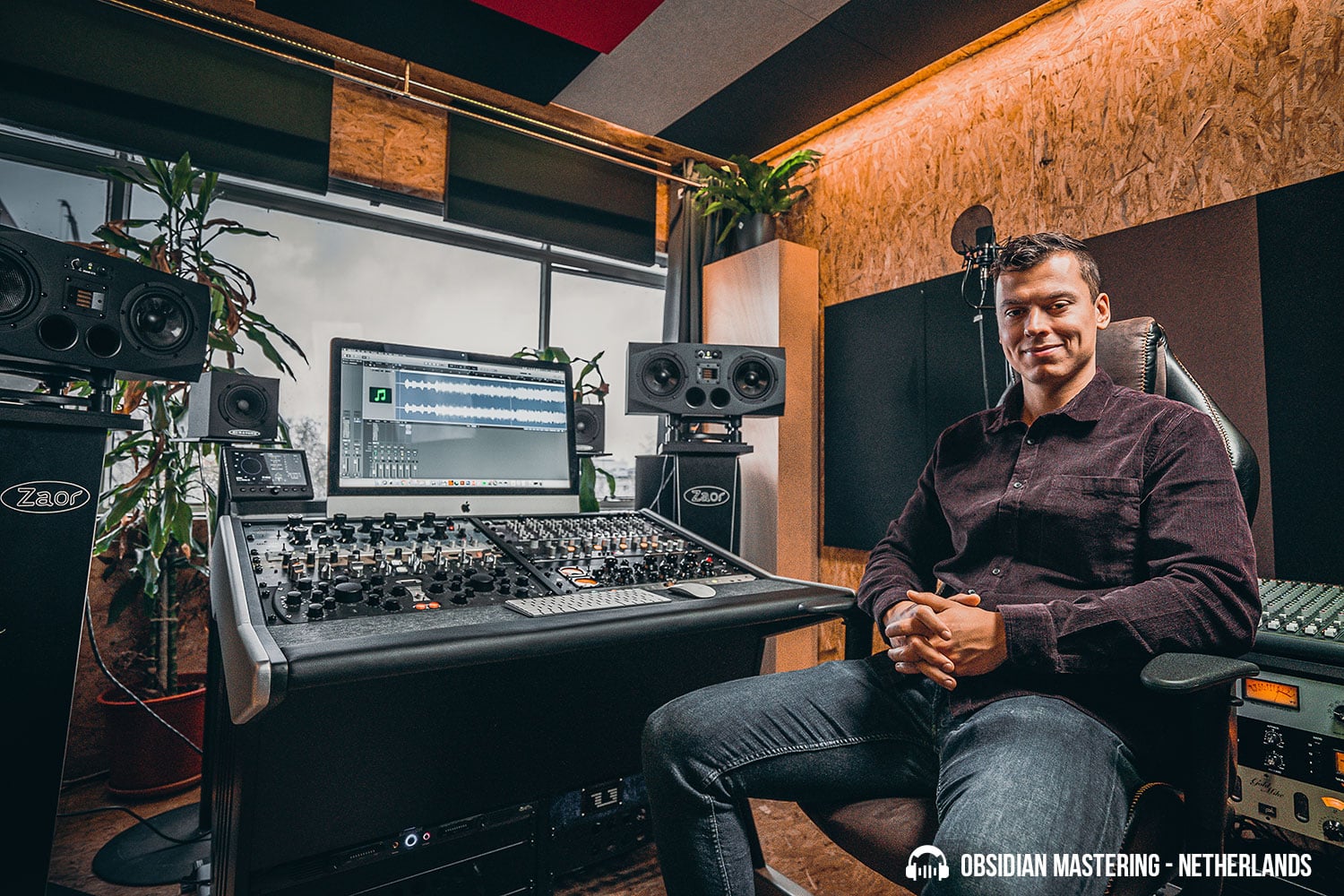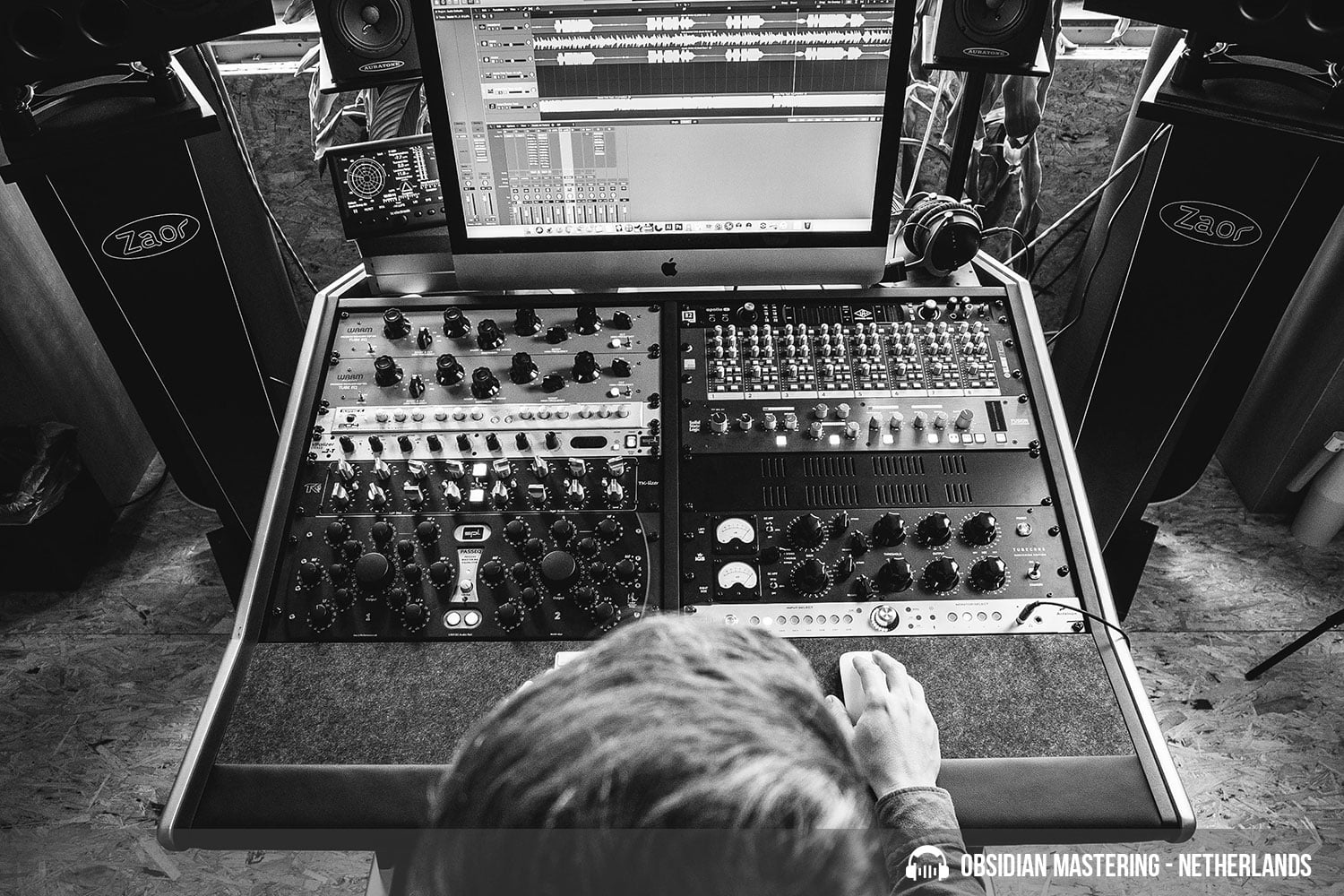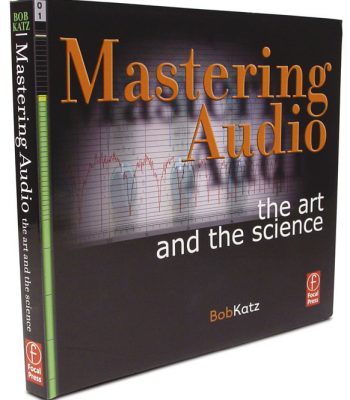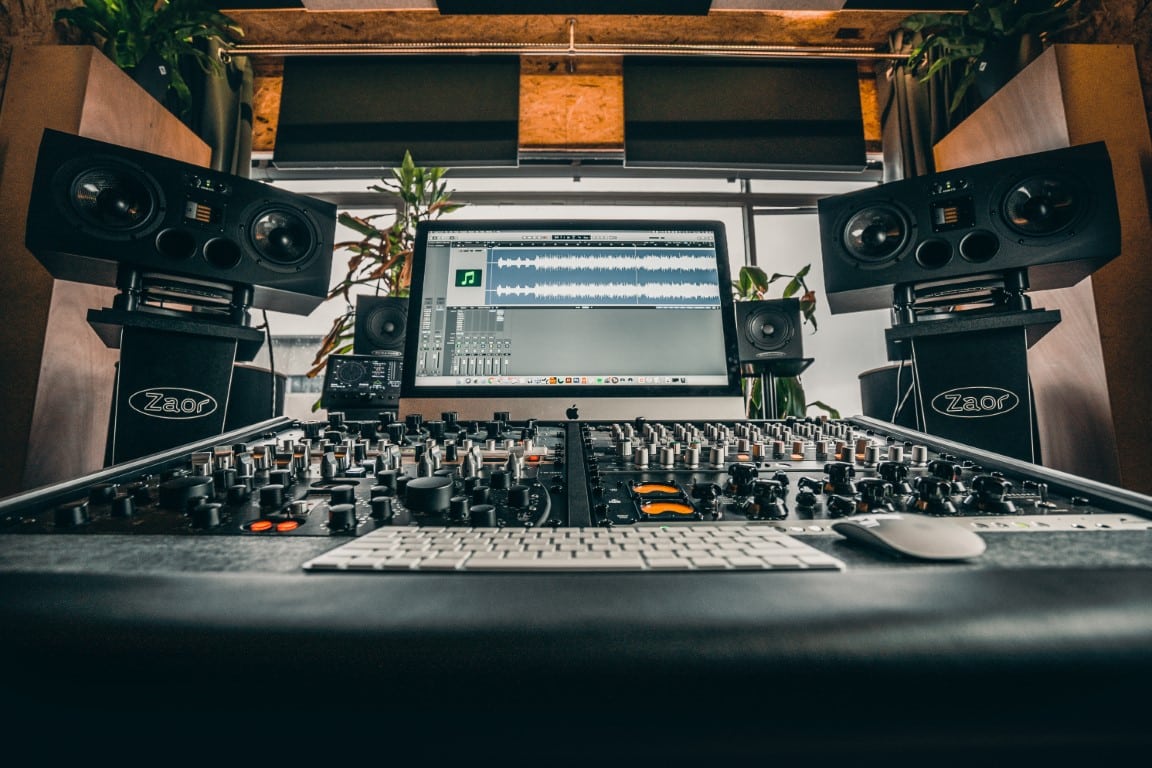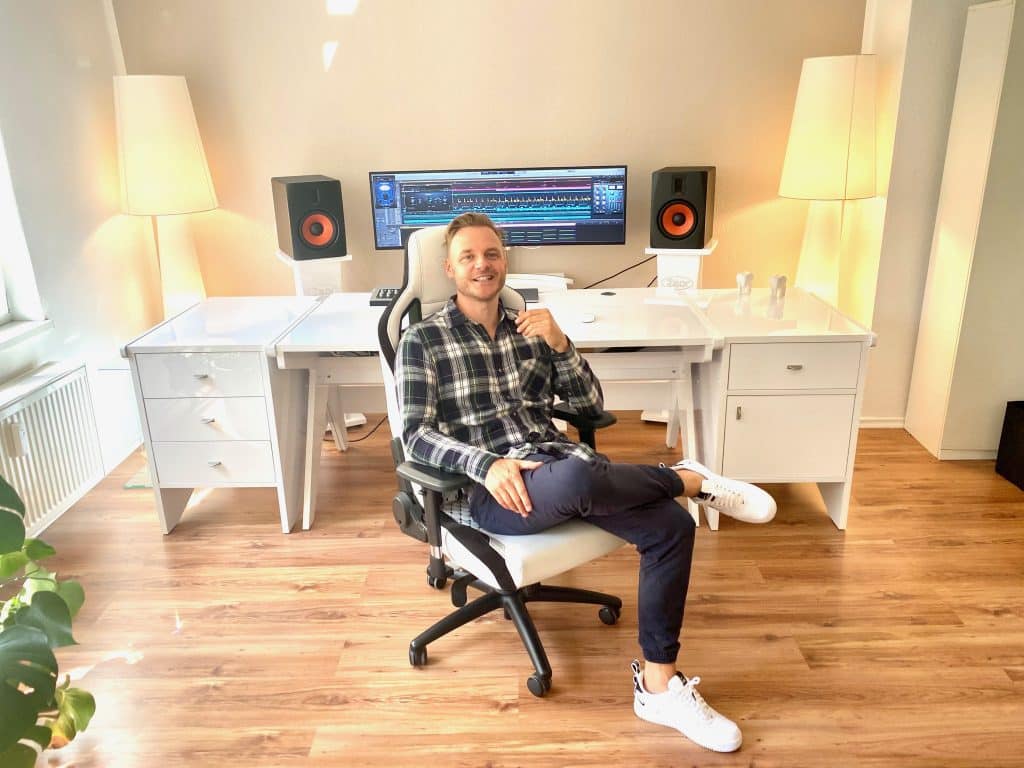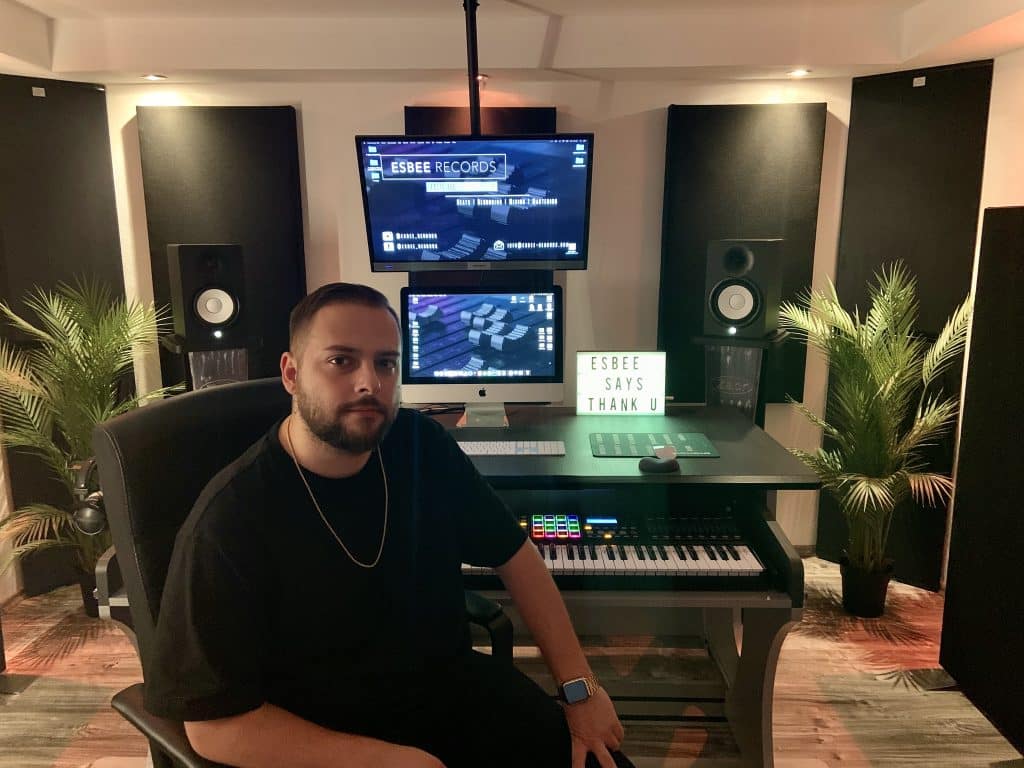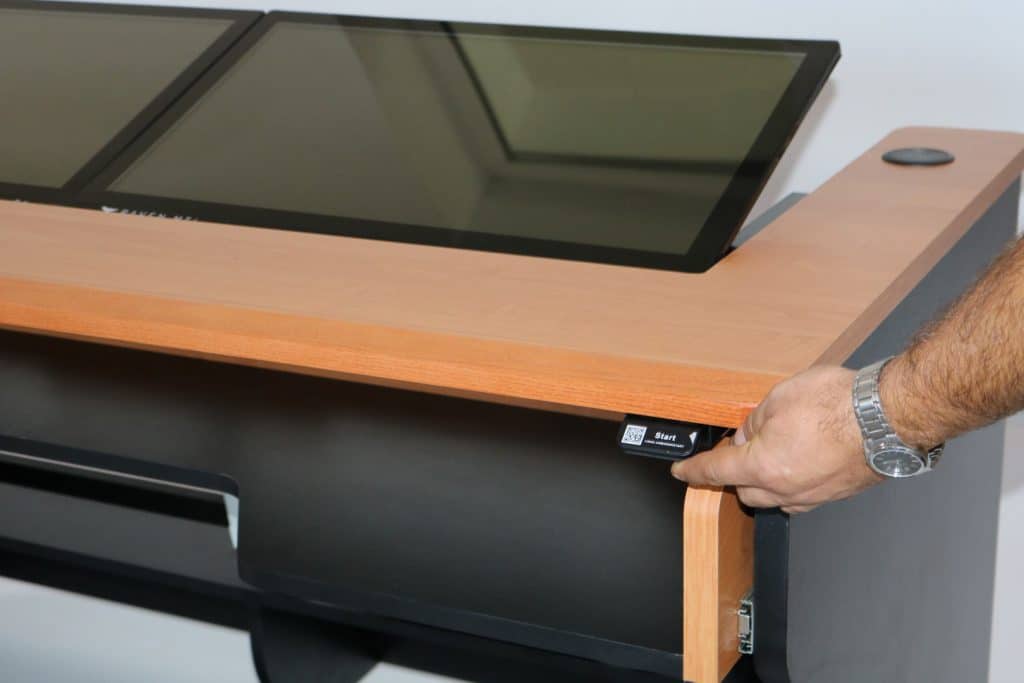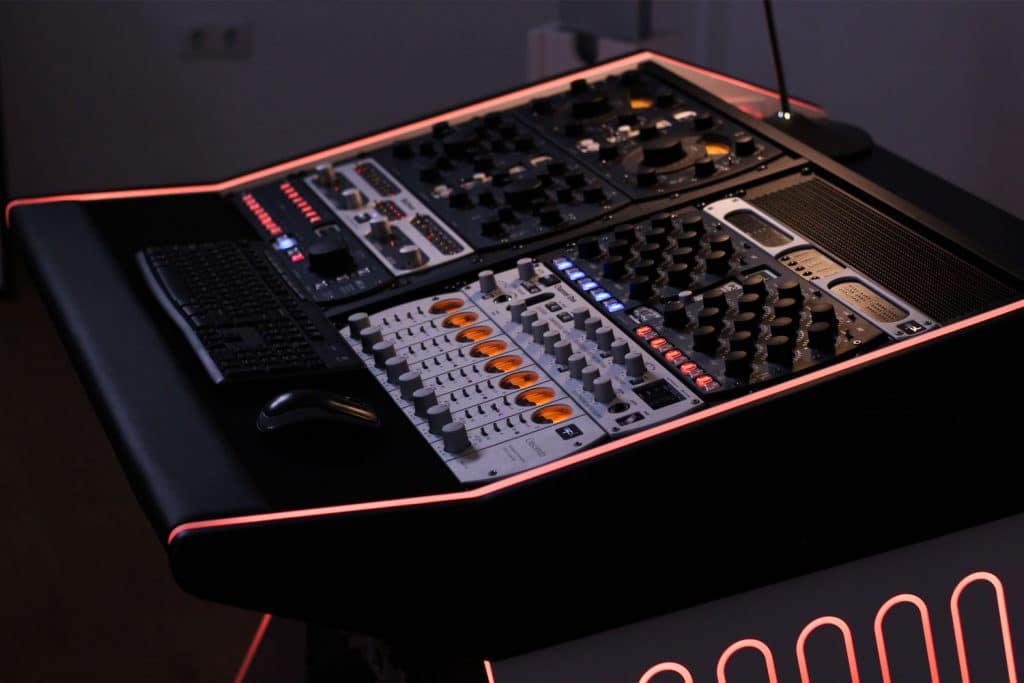How to start mastering like a pro?
Interview with Laurens from Obsidian Mastering
Laurens van Oers is a pro mastering Engineer from Netherlands, Europe. In this interview we are gonna cover some important aspects of his work as well as some tips and tricks for beginners. We consider that giving back to the community is one of the best things we can do together. This article is about mastering basics!
#1 What are the general Mastering Mistakes You Don't Know You're Making?
Mistake No.1
I think one of the first and foremost mistakes is mastering on low budget monitors. I am not advocating for spending loads of money on gear in the beginning of your career, as experience and practising is way more important than expensive tools. You first need to get the hang of the mastering basics before investing money in outboard gear or monitoring systems. But the problem with low budget speakers is, that even though some may sound pretty good, they are not neutral in any way. You need neutral, flat sounding monitors so you know that what you are hearing is close to the truth. Also most budget speakers don’t produce (sub)bass frequencies, under 50 Hz so you really don’t know what is going on down there in that region of the track.
Also, avoid mastering on headphones alone. Even though you don’t have issues with a poor acoustic environment you will lack the sense of spaciousness and it is impossible to get the stereo image right.
Mistake No.2
A second mistake I tend to see is that junior mastering engineers try to mimic the loudness of commercial masters by pushing the limiter all the way. Also the unmastered mix is already pushed all the way to get it as loud as possible. I often hear hiphop tracks that are completely squashed because of it. My advice would be, make sure that the unmastered track has no compression or limiting on the master buss, and use the limiter with caution.
#2 How to Setup Your Studio? - Tips & Tricks
Step 1 – Listen!
To get you started I would advise you to… LISTEN. This may sound really cliché but you need to listen to a lot of masters to distinguish good from mediocre masters. Listen to grandmasters like Bob Katz or Bob Ludwig on your headphones if you don’t have good quality monitors. Also I would recommend you read and try to understand the basic principles of mastering. The book ‘Mastering Audio’ by Bob Katz is a must. You need to understand terms such as dithering, bit depth, stereo image, loudness. You need to know what LUFs are, and why it is so important to know. These are basic principles that are absolutely crucial to making professional sounding masters.
Step 2. The quick acoustic fix
A quick and easy fix for your acoustics is simply not possible. But there is a nifty piece of software out there called Sonarworks Reference that compensates the weak spots in your studio AND uses a sort of EQ to flatten your monitors so you get the most neutral sound possible. The software also works on your headphones. It is not a perfect solution, but it is a great way to get you started. Because bad acoustics equals gambling when trying to make decisions when mastering. You cannot make good decisions if your speakers and room don’t translate the music in a truthful manner.
Step 3. Keep it simple and organised
A third tip would be to make a mastering template in your DAW, and keep it simple and organised. Choose a few good and simple mastering plugins, a clean sounding EQ (FabFilter ProQ 3 for example), a VCA compressor (Dangerous Compressor, Vertigo VSC-2), a plugin for coloration and saturation (Streaky Colourbox) and perhaps a tape plugin. Or you can go for an all-in-one solution like Izotope Ozone. Go on YouTube and you will find loads of good tutorials to get you started.
#3 Should I Stick To Certain Genres?
My answer is a resounding yes! It may be appealing to advertise on your website with: “will master all genres!” to attract the most customers, but believe me, it will do the opposite. I would rather suggest you dive deep into the genres you listen to a lot, and get the hang of what makes a great sounding master for those particular genres. For example, one of my ‘go-to’ genres is rock. I used to play in rock bands as a teenager, playing guitar and singing, and I would go to concerts almost every week. Because I’ve listened to and played rock music almost my entire life I know exactly what the genre defines. I can relate to artists and bands coming in with their music, because I speak the same ‘language’ so to say. It is really powerful to advertise with your specialty, even though it might be a niche market. But if what you do is good, people in the scene will know where to find you.
#4 Where to start?
Although it is one of the most underrated and least satisfying topics to invest in, I would suggest you start by improving your acoustics before investing in a lot of plugins or hardware. A neutral listening environment is crucial to making good sounding masters. Also learn the basics, know your terms so you know how to communicate with artists and labels. To get started, offer your services for free to befriended artists. Be out there, get noticed. And practise, practise, practise.

